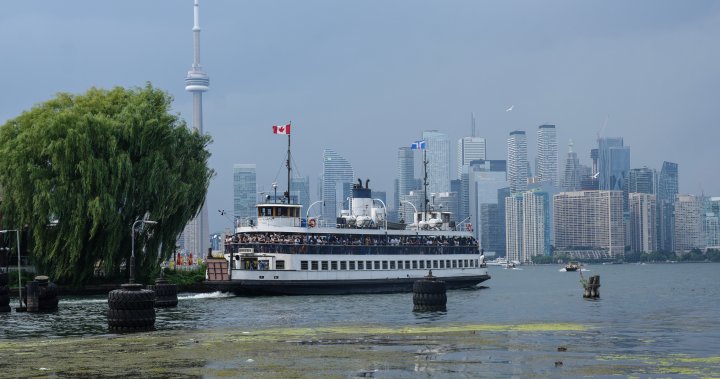Fresh questions are being raised about the aging fleet of ferries in Toronto following another crash while a boat was trying to dock downtown. The incident, described as a mechanical issue, led to the boat being withdrawn from service. Emergency services were called to the Toronto Island Ferry Terminal, where it was reported that a ferry had crashed into the dock. Fortunately, no injuries were reported, but the city has initiated an investigation into the incident, which comes on the heels of a separate crash two years ago. The Transportation Safety Board of Canada’s report on the previous crash found that the ferry was late and approached the terminal too quickly, resulting in 12 injuries.
The city of Toronto has been facing growing frustrations over the regularity and reliability of island access, with complaints about long queues and lack of service in the warm summer months when demand is high. With two of the city’s four ferries out of commission for repairs for over a month, waiting times increased, putting a strain on the city’s ability to meet demand. The current ferries, which are between 50 to 100 years old, are beyond the average industry lifespan. Toronto is in the process of replacing its diesel-powered fleet with electric vessels, with the completion expected in 2026. The original budget for two new ferries was $25 million, but the decision to opt for fully electric options has increased costs significantly to $92.2 million.
The city of Toronto considers the ferry fleet an essential service for Toronto Island residents and visitors, carrying over 1.4 million passengers annually. The ongoing issues and recent incidents have highlighted the urgent need to modernize the ferry system with new electric vessels. The latest incident, which led to a ferry being removed from service, has prompted the city to continue serving all three island destinations while the investigation into the mechanical issue is ongoing. The city is committed to ensuring the safety and reliability of ferry services for all passengers traveling to and from the Toronto Islands.
The Toronto Island ferry system has been under scrutiny for its aging infrastructure and reliability issues, especially during peak travel seasons. The crash incident is just one in a series of challenges faced by the city’s ferry service, with concerns over maintenance and safety coming to the forefront. The decision to replace the diesel-powered fleet with electric vessels has been a long process, spanning several years and significant budget adjustments. The city is working towards a more sustainable and efficient ferry system, but challenges remain as the transition to electric vessels is expected to take several more years to complete.
The investigation into the recent crash, along with the previous incident from two years ago, highlights the importance of ensuring the safety and reliability of Toronto’s ferry services. With plans to modernize the fleet with electric vessels, the city is taking steps towards a more sustainable and efficient transportation system for residents and visitors to the Toronto Islands. The ongoing challenges with the aging fleet have underscored the need for timely and effective upgrades to the ferry system to address issues of safety, reliability, and accessibility. Despite setbacks, the city remains committed to providing essential ferry services to the Toronto Islands while working towards a more sustainable future for its transportation infrastructure.













